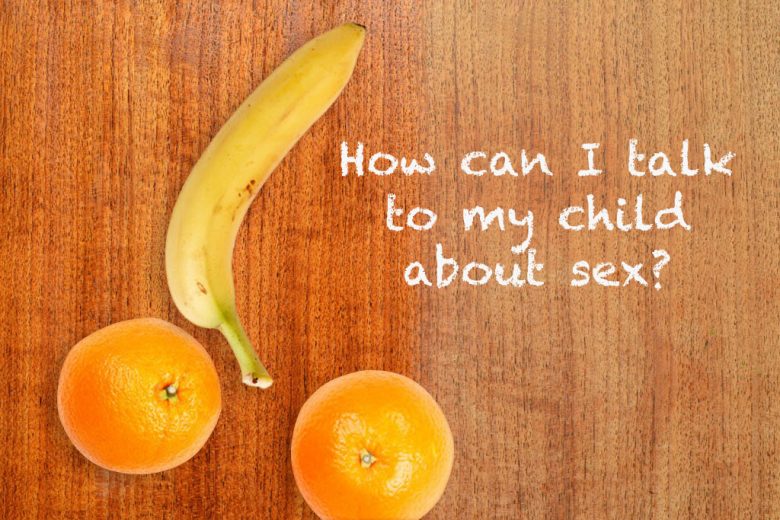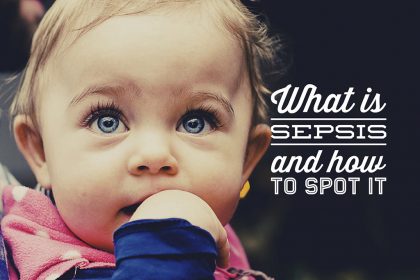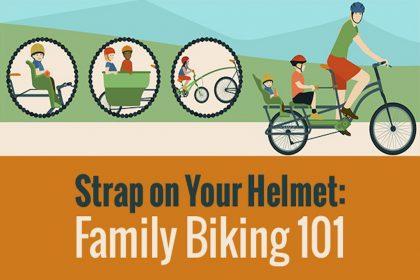How can I talk to my child about sex?
Your question
My sister recently got pregnant and now my daughter keeps asking awkward questions about how babies are made. What should I tell her?
Our answer
It can be uncomfortable talking about sex at the best of times but it’s a topic that many parents avoid like the plague when it comes to young children. “You don’t need to know about that.” “I’ll tell you when you’re older.” “Ask your father!”
There are lots of reasons for dodging the conversation. Many parents worry that telling children about sex will encourage them to have sex.
But actually, the research shows the opposite – talking to children about sex tends to delay first sexual activity. Other parents dismiss sex and relationships as something far off in children’s lives.
And with puberty starting as young as 8-years-old in girls, the highest teenage pregnancy rates in Europe and pornographic images only ever a few clicks away, there are lots of reasons why delaying talking to children about bodies and bits just isn’t an option.
So what should we be telling our children? Which words should we use? And how much information is enough information? Here are a few tips from The Positive Parenting Project on teaching your children about the birds, the bees and the bits we don’t like talking about.
Start young
Talking to children about bodies, babies and families when they are young makes it much easier to discuss the trickier details when they get older.
Not talking about these issues sends out a powerful message to your child that certain topics are not to be mentioned, making it much harder to talk openly about them later.
Young children are naturally curious so it’s a great time to introduce the basics about boys and girls and where babies come from.
Choose your words
Choose words for body parts that you are comfortable saying. But make sure your children know the correct terminology too. Introduce words like vagina and penis from a young age to normalise them. It will make it much easier to talk about bodies later if the words are easily sayable and not taboo.
Practise saying the difficult words out loud by yourself if it helps! Make sure you know your facts about puberty and anatomy too. A trip to the Human Biology section of the Natural History Museum is very informative, and if you take your children it’s a great way to start a conversation and prompt questions!
Always answer questions
Questions are fantastic because they tell you what your child is interested in and help you gauge their level of understanding and reference points.
Always answer questions truthfully, but only in as much detail as is relevant to their age. Keep it short and simple, especially for younger children.
As a rule of thumb, if you give an answer and they change the subject, they have accepted the answer. If they ask the same question again, they haven’t understood. And if they ask a follow-up question, they are interested so keep going!
“Yes Mummy, but how did the baby get inside her tummy?” You might wish your child had never asked the question but if you don’t answer it you are building a wall that makes it less likely they will turn to you for this kind of information again.
They will, however, seek the information elsewhere and you will have no control over the images, information (or misinformation) they turn up.
Seize the moment
Don’t just rely on questions to keep the information flowing, however. Sometimes, if things have gone a bit quiet, you will need to prompt a conversation.
Try to make use of everyday opportunities as they come up. It is much easier to talk about difficult issues if you are building on something – plot lines in films and soaps (and even family members’ lives!) are great launch pads for talking about relationships.
When it comes to older children and teens, conversations when you are sitting side by side (for example, in the car or on the sofa) or when you are doing something together (such as washing up) often feel more comfortable than talking face-to-face.
Sometimes the hardest part is just opening your mouth and launching into the first sentence – many parents find that once they start, it’s not so bad.
Help them to stay safe
Young children need to understand what is appropriate and inappropriate behaviour, which parts of their bodies are private and what to do if something makes them uncomfortable. Check out the NSPCC’s fantastic PANTS campaign for age-appropriate ideas on how to have conversations that inform but don’t frighten young children.
Teenagers need the confidence to be able to talk about their bodies, their desires and their choices in order to be able to negotiate the new world of romantic relationships.
A key component of a healthy relationship is being able to speak up about your wishes and needs, being able to say Yes or No and having that respected.
Talking about sex isn’t easy – but if mum is brave enough to talk about intimacy and tricky issues (like using a condom), it’s much more likely that your teenager is going to be brave enough too.
The Positive Parenting Project delivers seminars and workshops in schools and businesses to help parents meet the challenges of modern parenting. For regular tips, join The Positive Parenting Project on Facebook.










